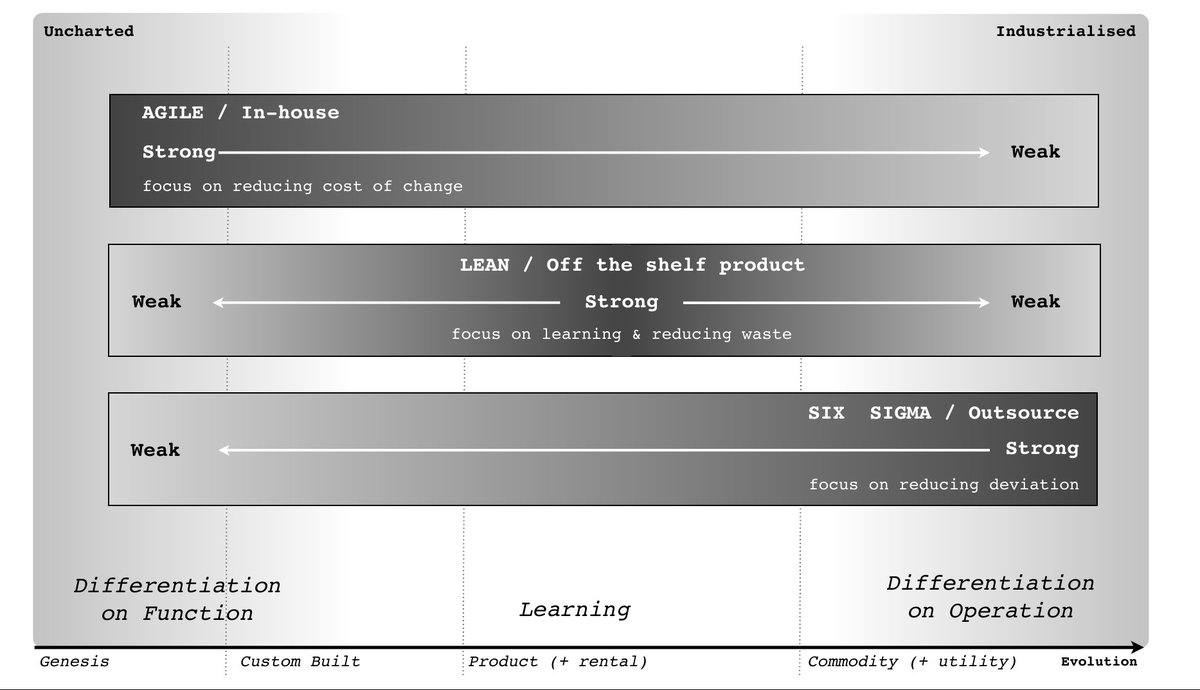
Beyond misinformation on matters of public health, the support of fanatical ideology that threatens to cause a huge loss of life should be a matter for national security ->
https://twitter.com/allisonpearson/status/1316282095279407106
X : Are you referring to the Great Barrington Declaration?
Me : Yes
X : As domestic terrorism?
Me : I have no idea whether it's state sponsored or domestic but I would hope that Government takes an interest for reasons of national security.
Me : Yes
X : As domestic terrorism?
Me : I have no idea whether it's state sponsored or domestic but I would hope that Government takes an interest for reasons of national security.
X : State sponsored?
Me : We live in a post truth world of statecraft and misinformation. We're talking about a declaration which if followed could cause huge loss of life and destabilisation. Yes, I would be taking an interest in the origin, the supporters and its funding.
Me : We live in a post truth world of statecraft and misinformation. We're talking about a declaration which if followed could cause huge loss of life and destabilisation. Yes, I would be taking an interest in the origin, the supporters and its funding.
X : It's just a different point of view.
Me : That's what ideologies are. Also not every weapon of terror has to be explosive. We're talking about harm, huge loss of life and potential destabilisation - so yes, I would and do have concerns and many questions.
Me : That's what ideologies are. Also not every weapon of terror has to be explosive. We're talking about harm, huge loss of life and potential destabilisation - so yes, I would and do have concerns and many questions.
X : Fanatical?
Me : What do you call the pursuit of an ideology (or a point of view if you wish) that threatens huge loss of life? Reasonable? Moderate? ... I don't.
Me : What do you call the pursuit of an ideology (or a point of view if you wish) that threatens huge loss of life? Reasonable? Moderate? ... I don't.
• • •
Missing some Tweet in this thread? You can try to
force a refresh







